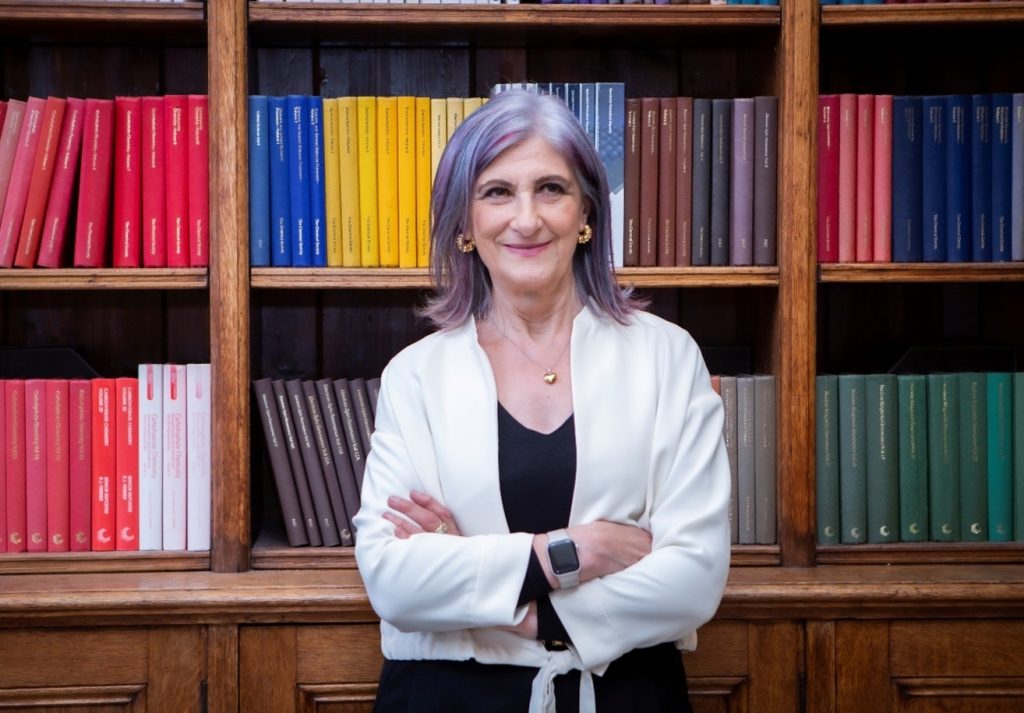Engineering can’t solve global challenges if it fails to reflect the society it serves. If the sector is dominated by one group, there’s inevitably going to be an imbalance – through no fault of the individual engineers. For International Women in Engineering Day (INWED), Professor Raffaella Ocone, the new President of the Institution of Chemical…
This content is for subscribers only. Subscribe now for free to read the full article.
Already a subscriber? Login

